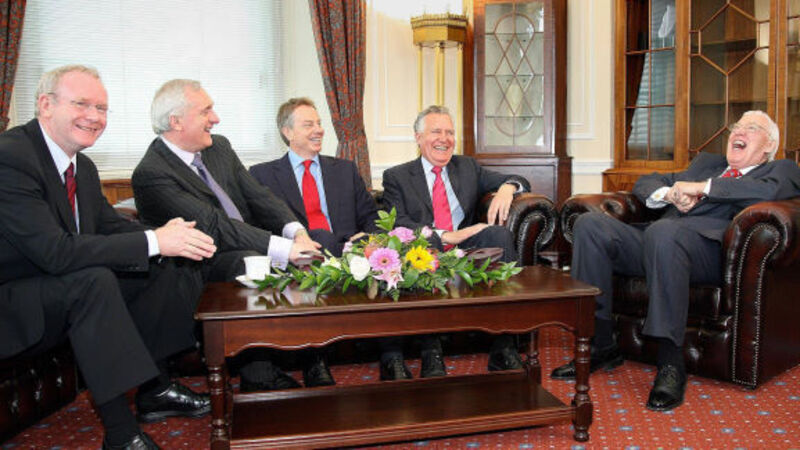Ian Paisley: Big man took the long road to Damascus

THE two sides to Ian Paisley were evident to a number of politicians in the Republic who interacted with him when he was in his prime in the 1980s and 1990s.
Gerry Collins, who served in a number of Fianna Fáil governments before going on to represent Munster as an MEP, encountered Paisley in a number of the offices he held.
















